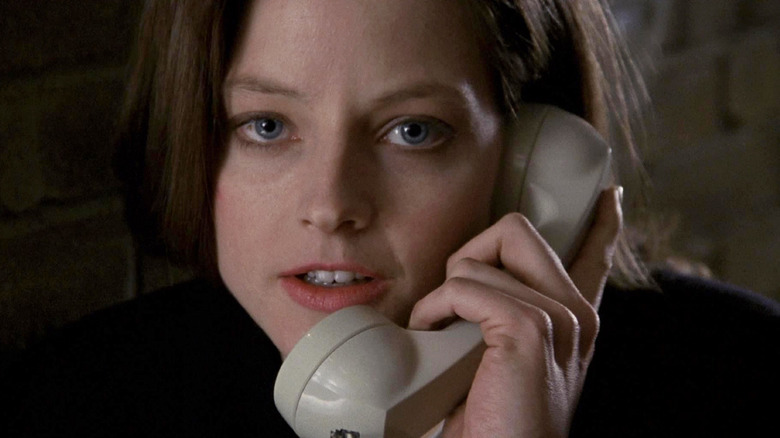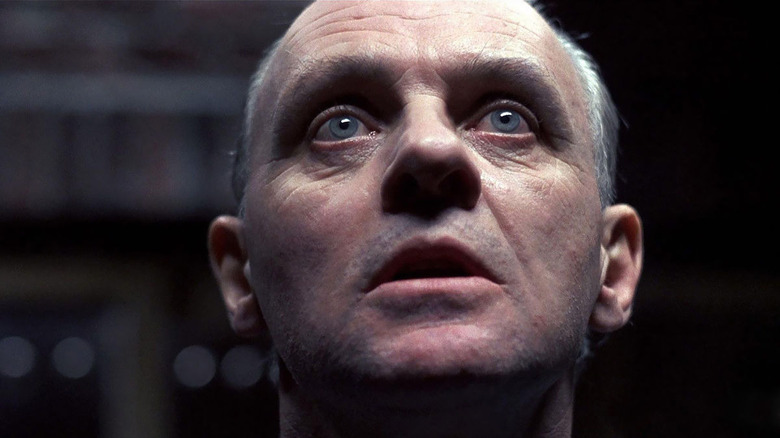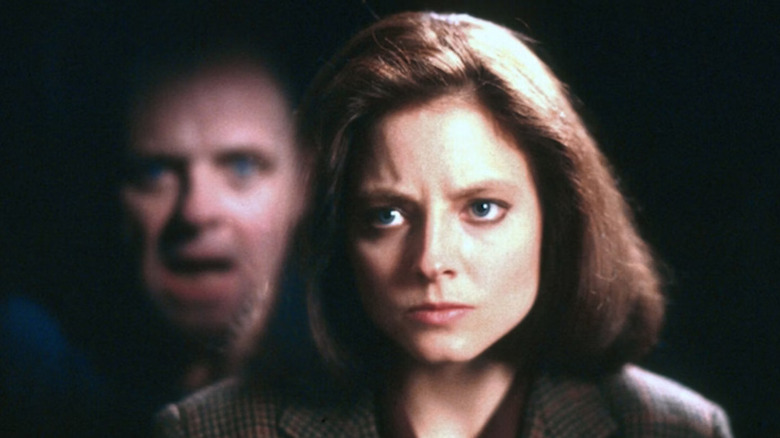
Horror and the Academy Awards are famously (and unfortunately) strange bedfellows. Which is strange on the face of it, because even a casual film lover can recognize the huge importance the horror genre has to the medium. So many of Hollywood’s most accomplished filmmakers got their start in horror, so many technical innovations were made because of horror movies, and the very grammar of cinema would not be as advanced as it’s become without the horror genre. To disregard horror or remove it from any study of the medium is to fundamentally misunderstand cinema, full stop.
If all of that is common knowledge, then why does horror continue to be treated so poorly by the Academy of Motion Picture Arts and Sciences? The reasons for this are too lengthy and varied to go into detail here, suffice to say that it has to do with an amalgam of antiquated (re: Puritanical) opinions regarding culture and art that’s been sublimated into the never-ending debate of high art vs. low art, the war between elitist snobbery, and common populism. Horror movies are generally dismissed under a lens of classism: they’re regarded as “cheap,” dubbed “B-movies,” and in some extreme cases are branded with a label of moral irresponsibility.
Sometimes, however, a horror film’s artistry, popularity, and overall impact are just too great to be denied. That’s exactly what happened in 1992 at the 64th Academy Awards when Jonathan Demme’s 1991 “The Silence of the Lambs” not only won Best Director, Best Actor, Best Actress, and Best Adapted Screenplay, but also became the first horror movie to ever win Best Picture. To date, in 2024, it remains the only horror movie to receive that honor.
Lambs’ mixture of craft, hot-button themes, and terror was irresistible to Oscar voters
A movie winning Best Picture at the Oscars tends to canonize it in one way or another. Some have the award spark an endless debate over their actual quality (hello, 2004’s “Crash”), while others (like last year’s “Oppenheimer”) inspire a knowing nod of agreement with the Academy’s choice. “The Silence of the Lambs” belongs in that latter category, and for good reason. Demme was a filmmaker who slid effortlessly between a multitude of genres throughout his career, thanks in large part to his formative years as a director working for producer Roger Corman (who appears in a cameo in “Silence of the Lambs”) and New World Pictures during the 1970s. That period allowed him to hone his craft while learning how to construct a movie that contains artistic richness while still being able to please as wide an audience as possible. By the time he made “Lambs” in 1991, Demme had a few acclaimed crowd-pleasers under his belt — the concert film “Stop Making Sense” and the rom-com “Married to the Mob” chief among them — and he brought all of his showmanship to bear on the adaptation of Thomas Harris’ Hannibal Lecter novel.
Lecter and Harris’ novels were already popular when “Lambs” was made; famously, the film was not the first cinematic adaptation of the character, that honor going to Michael Mann’s “Manhunter” starring Brian Cox as Lecktor. Yet Anthony Hopkins’ superlative performance in “Lambs” as Lecter forever imprinted the character in the public consciousness, so much so that the cannibalistic killer overshadows the primary killer character, Jame Gumb (Ted Levine), in the film’s legacy. Though that character and other aspects of the film are problematic in hindsight, it seemed downright progressive (or at least transgressive) in 1991 to have a mainstream film dealing openly with thorny topics like serial murderers and the staunch feminism of FBI Agent Clarice Starling (Jodie Foster) as she combats misogyny in her career.
Not to mention the fact that “The Silence of the Lambs” is just an extremely well-made movie. Its page-turner procedural story has a hook to it that never lets up, its characters are compellingly portrayed, and it features some sequences (most notably its night-vision-goggles climax) that remain terrifying to this day. In terms of a horror film clearly announcing its tone, themes, and stakes and then delivering on all of them to their fullest, it’s a Platonic ideal, and that’s likely why it proved to be catnip for Academy voters.
Why horror deserves more recognition from the Academy
While “The Silence of the Lambs” winning Best Picture is certainly deserved, it remains bizarre if not disheartening to realize that it’s been over 30 years since a horror movie has received that honor. To be fair, horror is a genre that should never be trying too hard to become legitimized by society at large. After all, one of the functions the genre provides is social commentary with no frills; like its cousin science-fiction, horror allows artists to comment heavily on topical issues without involving too many specifics, a quality that inspired Rod Serling to make “The Twilight Zone.” The tricky problem with horror being an accepted part of culture is that it should always be fighting to remain on the fringes, even if slightly, enough that it can still bite when it needs to.
So, although it’s ludicrous to claim that a horror movie should’ve won Best Picture a majority of times between 1992 and now, it’s just as ludicrous to claim that no horror movie in that period deserved the honor. David Fincher’s “Se7en,” M. Night Shyamalan’s “The Sixth Sense,” Ari Aster’s “Hereditary,” and Jordan Peele’s “Get Out” are just a few films to cite that reach the same level of depth and craft that Demme’s “Silence of the Lambs” does, and while most of those movies received some nominations, none of them were deemed worthy of the big prize.
This year alone has been a banner year for horror films, so much so that an argument can be made that the genre is near-single-handedly saving the box office as a majority of new, buzzy horror releases have drawn in crowds and made cultural waves. The Academy’s system of voting is what it is, and there can only be one winner per year, so horror falling by the wayside more often than not is an understandable phenomenon. But it’s long past time that a horror movie has won Best Picture, so listen up, AMPAS: this could be the year Hannibal Lecter is finally dethroned.




Leave a Reply